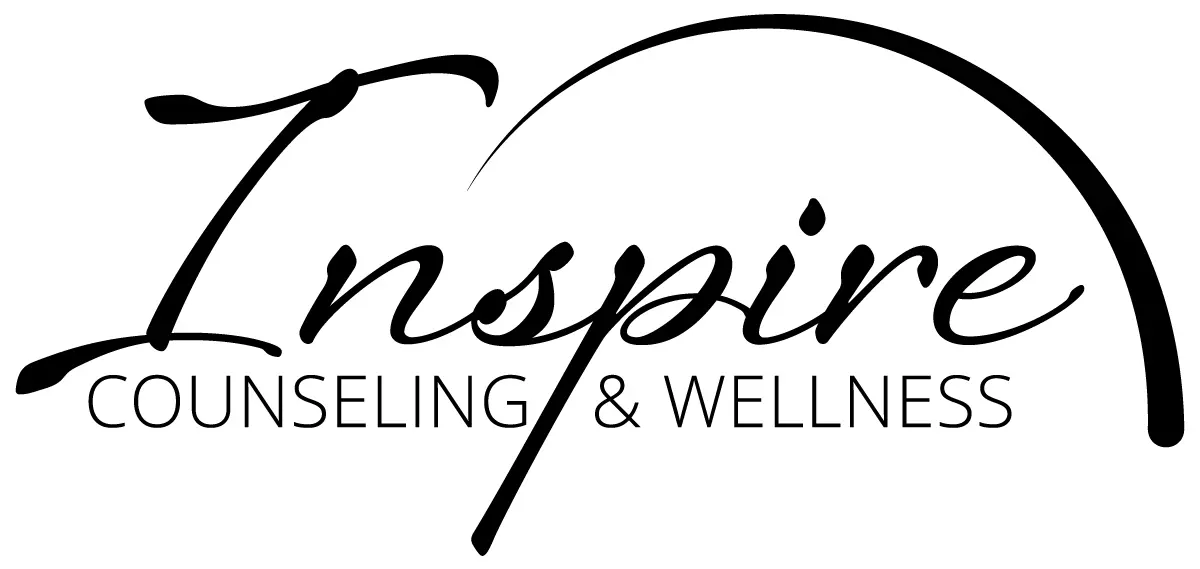Understanding Depression: Symptoms, Causes, and Support
Depression is a common but serious mental health concern that affects how people feel, think, and handle daily activities. More than just a passing sadness or low mood, depression can significantly impact an individual’s ability to function, leading to challenges at work, school, and in relationships. Understanding depression is the first step towards healing.

Understanding Depression?
Depression is defined as a mood disorder that causes persistent feelings of sadness, hopelessness, and irritability. People experiencing depression may also face physical changes such as fatigue, sleep issues, or appetite disturbances.
According to the American Psychiatric Association, several types of depressive disorders exist, including:
- Major Depressive Disorder – Severe symptoms that interfere with daily life.
- Persistent Depressive Disorder – Long-lasting low mood, often for years.
- Substance/Medication-Induced Depression – Caused by drugs or medications.
- Depression Due to Another Medical Condition – Related to chronic illness or other medical issues.
In addition to these, conditions such as Seasonal Affective Disorder (SAD), Postpartum Depression, and Premenstrual Dysphoric Disorder (PMDD) highlight how depression can take various forms and impact people differently.
How Common is Depression?
Depression is one of the most prevalent mental health issues worldwide:
- A 2023 survey found that 29% of U.S. Adults have been diagnosed with depression at some point in their lives, and about 18% are currently experiencing depression.
- 5 million adolescents aged 12 to 17 in the United States had at least one major depressive episode in the past year.
- Globally: Approximately 280 million people in the world have depression.
- In pregnant and postpartum women: More than 10% of pregnant women and women who have just given birth experience depression.
Understanding depression: These numbers highlight the importance of awareness, support, and treatment.
Signs and Symptoms of Depression
Symptoms of depression vary from person to person, but common signs include:
- Persistent sadness or low mood
- Loss of interest in activities once enjoyed
- Fatigue or low energy
- Sleep disturbances (sleeping too much or too little)
- Changes in appetite or weight
- Trouble concentrating or making decisions
- Feelings of worthlessness or guilt
- Aches and pains (e.g., headaches, stomach issues)
- Thoughts of death or suicide
To meet a diagnosis of depression, symptoms must persist most days, for at least two weeks, and affect a person’s ability to function.
Causes and Risk Factors for Depression
Depression does not have one single cause. Instead, it results from a mix of:
- Genetic factors – A family history of depression increases risk.
- Biological factors – Brain chemistry and hormone imbalances can play a role.
- Being lesbian, gay, bisexual, or transgender
- Environmental factors – Trauma, major life changes, or chronic stress.
- Abuse of alcohol or recreational drugs
- Medical conditions – Certain illnesses or medications can trigger depression.
While these factors may increase vulnerability to depression, they do not guarantee its development. It’s important to remember that anyone can experience depression, regardless of background or circumstances.
Breaking the Stigma
Unfortunately, stigma around mental health can prevent people from seeking the treatment they need. Stigma can appear as prejudice, judgment, or discrimination, making it difficult to reach out for support. However, depression is not a weakness, and effective treatments are available.
Getting Help
If you or someone you know is experiencing symptoms of depression, it’s important to seek professional support. Options include:
- Counseling and Therapy: Talking to a licensed mental health professional can help individuals process emotions and develop coping strategies.
- Medication: In some cases, medications such as antidepressants can help rebalance brain chemistry.
- Self-Care Practices: Exercise, mindfulness, and maintaining a healthy routine can support mental wellness.
At Inspire Counseling & Wellness, we offer compassionate and professional individual counseling for youth and adults, both in-person and virtually across Michigan.
🧡 Start your journey toward healing today:
Learn More Here
You Are Not Alone
Depression is common, but it is also treatable. By increasing awareness, reducing stigma, and encouraging open conversations, we can help individuals get the support they need to thrive.
#MentalHealthAwareness #DepressionSupport #YouAreNotAlone #InspireWellness #EndTheStigma

